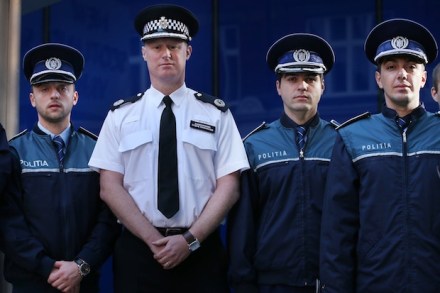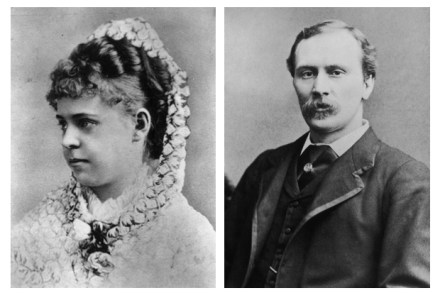This government’s disastrous prisons policy is putting the public at risk
Data released yesterday lays bare the true scale of the growing crisis in our prisons. Suicides up 69 per cent in a year. Self-harm up 27 per cent since 2010. Serious assaults up 30 per cent, and the numbers absconding up 10 per cent in a year. One in five prisons rated ‘of concern’ – double the figure 12 months before. Sharp falls in courses to help reform prisoners. Hundreds of sex offenders no longer getting the courses they need to stop them re-offending. Yet you wouldn’t have known this by what the Justice Secretary was doing yesterday. While he was off giving a speech way outside his own brief,
















